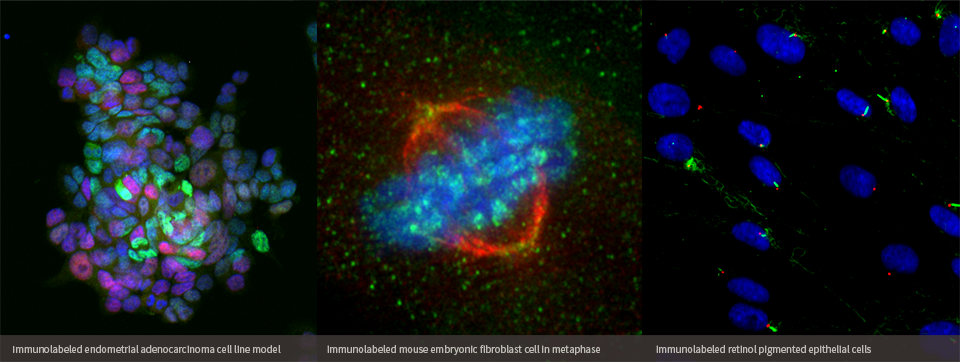Our lab explores how cancer happens on the molecular level, including gene environment interactions that can promote development of this disease. Studies being conducted in her laboratory are identifying the mechanisms responsible for the development of cancers of the male genitourinary tract (kidney and prostate) and female reproductive tract (uterus) with the goal of utilizing this information to develop new targeted therapies for these diseases. Specific areas of interest include:
- Identification of cell signaling pathways that regulate the tuberous sclerosis complex 2 (TSC2) tumor suppressor, which we have reported for the first time interacts with the damage-response protein ATM in the cytoplasm to suppress mTORC1 in response to reactive oxygen species (ROS) and induce autophagy.
- Elucidating the role of TSC2 in proliferative smooth muscle diseases lymphangioleiomyomatosis (LAM) and uterine leiomyoma (fibroids) as well as renal cystic diseases such as Renal Cell Carcinoma (RCC), TSC and Polycystic Kidney Disease (PKD).
- Exploring how environmental exposures to xenoestrogens such as BPA, genistein and diethylstilbestrol (DES) early in life induce developmental reprogramming of the epigenome and increase risk for developing cancer in adulthood.
